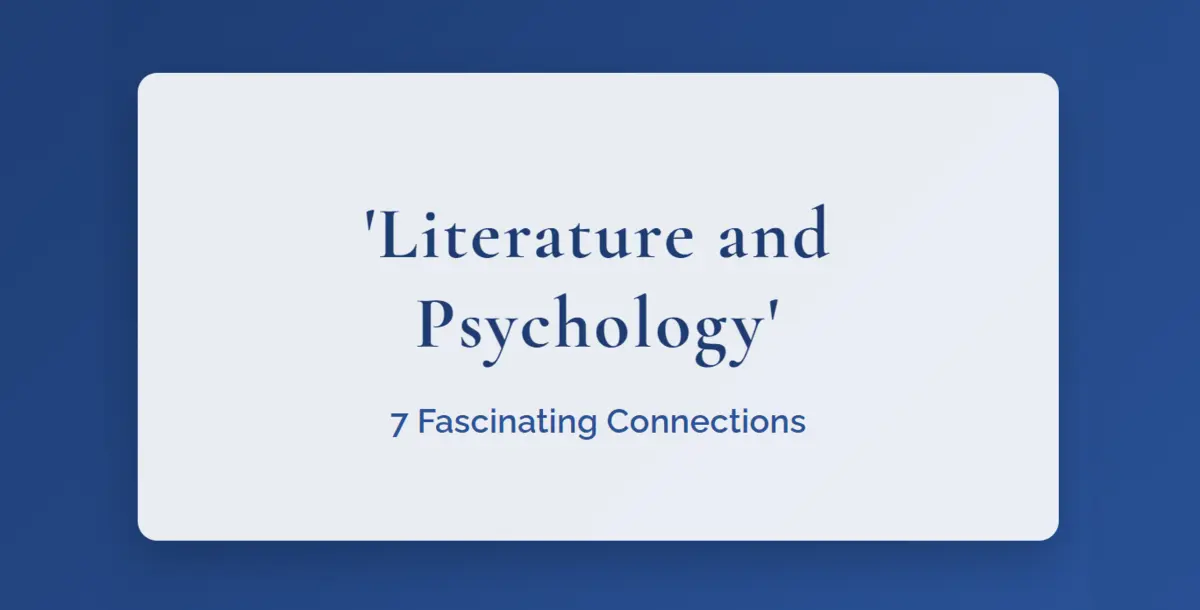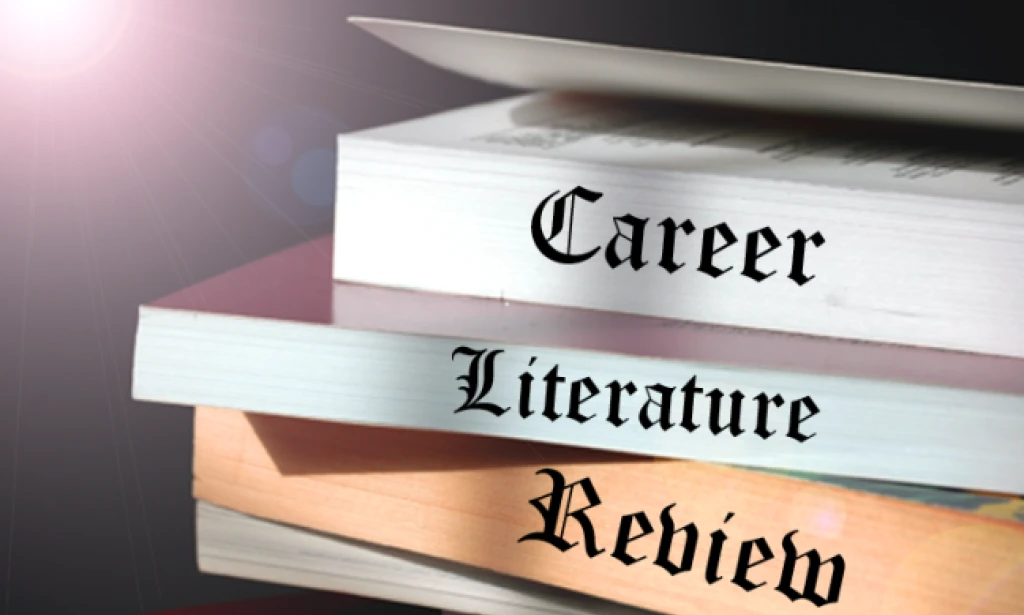Table of Contents
- Introduction: The Connection Between Literature and Psychology
- The Role of Literature in Cognitive Development
- Emotional Intelligence and Empathy Through Stories
- Literature’s Impact on Identity Formation and Self-Reflection
- The Therapeutic Benefits of Reading for Mental Health
- Literature as a Tool for Social and Moral Development
- Conclusion: The Lasting Psychological Effects of Literature
1. Introduction: The Connection Between Literature and Psychology
Literature has a profound influence on the human mind, shaping how individuals think, feel, and interact with the world. From childhood fairy tales to complex philosophical novels, literature offers a unique lens through which people process emotions, explore different perspectives, and make sense of their experiences. Psychological development, particularly in areas such as cognition, empathy, and identity formation, is significantly impacted by reading. This connection between literature and psychology highlights why stories remain an essential part of personal growth and human understanding.

2. The Role of Literature in Cognitive Development
Reading literature stimulates cognitive abilities, enhancing comprehension, problem-solving skills, and critical thinking. As readers engage with complex narratives, they learn to make connections, predict outcomes, and analyze different viewpoints. Research in cognitive psychology suggests that exposure to diverse literary genres strengthens neural pathways, improving memory retention and linguistic skills. Classic works like Alice’s Adventures in Wonderland challenge logic, while detective novels sharpen analytical thinking. Additionally, literature helps individuals develop a broader understanding of human behavior, supporting cognitive flexibility and adaptability.

3. Emotional Intelligence and Empathy Through Stories
Literature fosters emotional intelligence by allowing readers to experience and understand a wide range of emotions. When readers connect with characters facing struggles, joys, and dilemmas, they cultivate empathy and a deeper appreciation for human emotions. Studies show that fiction, particularly character-driven narratives, enhances the ability to recognize and interpret feelings in real life. Books like Of Mice and Men by John Steinbeck and The Kite Runner by Khaled Hosseini explore themes of friendship, loss, and redemption, helping readers navigate their own emotional landscapes.
4. Literature’s Impact on Identity Formation and Self-Reflection
Many individuals use literature as a tool for self-discovery and identity formation. Stories often serve as mirrors, reflecting personal experiences, cultural backgrounds, and internal struggles. Young adult literature, in particular, helps teenagers explore their identities by presenting relatable conflicts and moral dilemmas. Works like The Catcher in the Rye and The Perks of Being a Wallflower provide insights into self-acceptance and personal growth. Through literature, individuals gain a sense of belonging and reassurance, making it a vital component of psychological development.
5. The Therapeutic Benefits of Reading for Mental Health
Reading has been shown to have therapeutic effects, reducing stress, anxiety, and depression. Bibliotherapy, a psychological approach that uses literature for healing, helps individuals process emotions and gain new perspectives on their challenges. Engaging with inspiring or comforting narratives can improve mood and resilience. Books such as Man’s Search for Meaning by Viktor Frankl provide profound insights into human suffering and hope, demonstrating how literature can be a powerful mental health tool. Even fiction can serve as an escape, offering a sense of relief from daily stressors.
6. Literature as a Tool for Social and Moral Development
Beyond individual psychological growth, literature plays a key role in shaping social and moral understanding. Stories teach ethical decision-making, cultural awareness, and social responsibility. For example, To Kill a Mockingbird by Harper Lee addresses themes of racial injustice and moral courage, encouraging readers to reflect on societal values. Moral dilemmas presented in literature challenge individuals to evaluate their own beliefs, promoting personal and collective growth. By engaging with diverse narratives, readers cultivate a greater sense of compassion and ethical reasoning.

7. Conclusion: The Lasting Psychological Effects of Literature
The impact of literature on psychological development extends throughout life, influencing cognition, emotions, and social awareness. Reading fosters critical thinking, emotional intelligence, and identity formation, making it an invaluable tool for personal and psychological growth. As literature continues to evolve in the digital age, its role in shaping human development remains just as powerful. Encouraging a lifelong habit of reading ensures that individuals continue to reap the psychological benefits of literature, fostering a deeper understanding of themselves and the world around them.

Literature plays a vital role in shaping psychological development, offering readers insights into human behavior, emotions, and relationships. By engaging with stories, individuals explore complex themes such as identity, empathy, morality, and resilience. Fiction, in particular, allows readers to step into the lives of others, fostering empathy and understanding by experiencing different perspectives and emotions.
For children and adolescents, literature aids in developing emotional intelligence and critical thinking. Coming-of-age stories can help young readers navigate their own struggles, offering guidance and validation for their experiences. Characters overcoming challenges also inspire resilience and problem-solving skills.
In adulthood, literature continues to contribute to self-reflection and growth. Classic and contemporary works alike challenge readers to question societal norms, explore philosophical ideas, and confront deep-seated fears or desires. Reading can also be therapeutic, helping individuals process trauma, stress, or grief through relatable narratives.
Furthermore, literature stimulates imagination and creativity, which are crucial for psychological flexibility and innovation. Whether through poetry, novels, or essays, literature opens the mind to endless possibilities and helps individuals better understand themselves and others. In essence, it is not just a form of entertainment—it is a powerful tool for lifelong psychological development.


You must be logged in to post a comment.